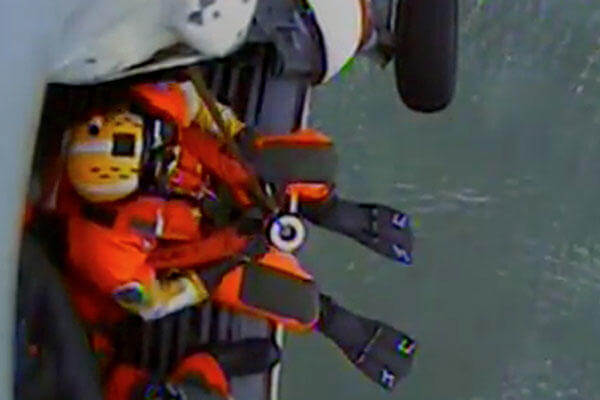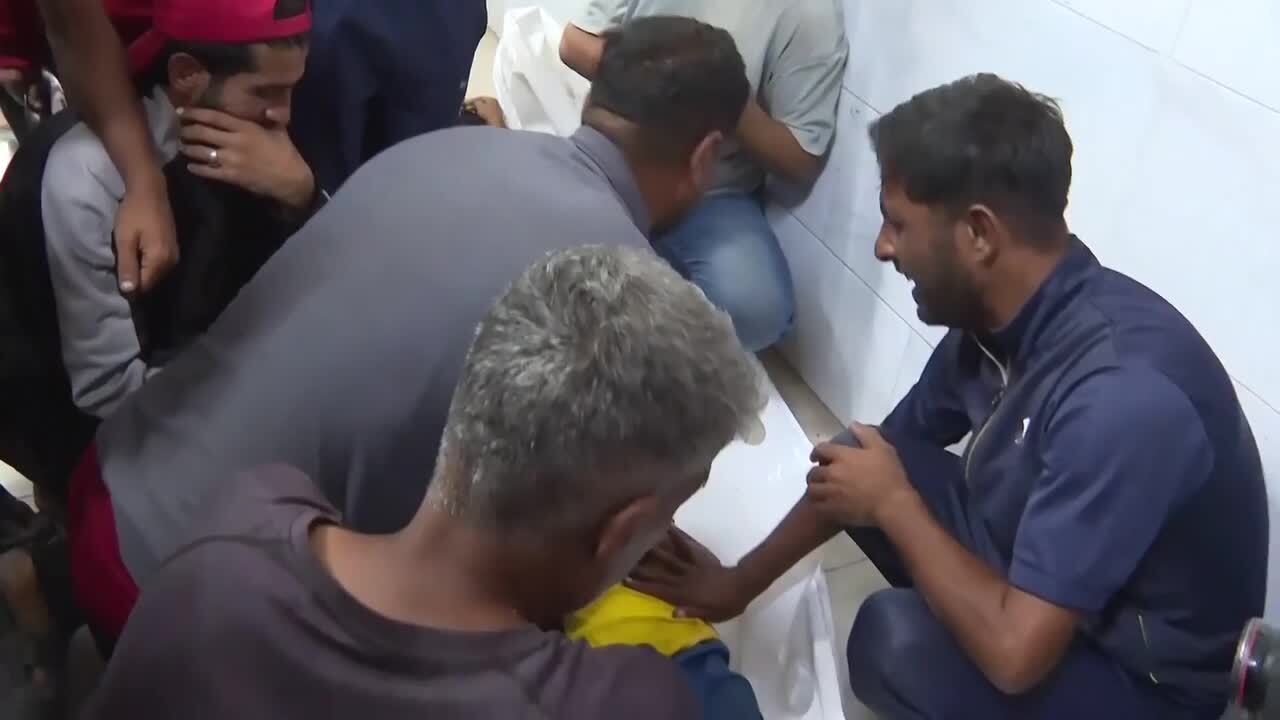HONOLULU- Coast Guard Captain of the Port is closing the ports of Hilo and Kawaihae on the Big Island and Kahului, Maui, to all traffic starting midnight Sunday. All cargo operations in these ports will be secured by 6 a.m. Monday.
Captain Shannon Gilreath, the Coast Guard Captain of the Port, has set Heavy Weather Condition II for these ports and is urging local mariners to review their heavy weather plans and to remain vigilant to forecasts for Tropical Storm Flossie.
"While we have not set conditions for the other ports, you should still exercise caution and prudence in conducting your operations," said Gilreath. "Know your capabilities and your constraints and adhere to them so that we can all continue to operate safely."
The Coast Guard urges mariners and residents to begin planning and preparing for Tropical Storm Flossie. As the storm approaches, remember these guidelines:
- Stay informed: Mariners should monitor the progress and strength of the storm through newspapers, the internet and local television and radio stations. Boaters can monitor the storm's progress on VHF channel 16. Small craft advisories and warnings are also broadcast on VHF channel 16.
- Evacuate as necessary: Mariners are urged to heed evacuation orders. Coast Guard personnel and other emergency responders may not be able to assist mariners in danger during a storm. If you cannot evacuate, ensure that your vessel has proper communication equipment, an electronic position indicating radio beacon, flares and lifesaving equipment that is in good working order and navigate your vessel to a harbor of safe refuge.
- Secure your boats and boating equipment: Owners of large boats are urged to move their vessels to protected marinas where they will be less likely to break free of their moorings or to be otherwise damaged. Trailerable boats should be pulled from the water and stored in a place that is not prone to flooding. Those mariners who leave their boats in the water are reminded to secure life rings, life jackets and tenders.
- Be cautious of hazardous materials: If you have hazardous materials on or near the water, you are responsible for any spills that may occur. Take the necessary precautions to secure these materials prior to any foul weather.
- Stay clear of beaches: Even the best swimmers can fall victim to the strong waves and rip currents caused by storms. Swimmers are urged to stay clear of beaches until local officials say the water is safe.
For more information on hurricane preparedness, please visit the National Hurricane Center's Web page at http://www.nhc.noaa.gov/ or obtain a copy of the "Hawaii Boater's Hurricane and Tsunami Safety Manual" from the Department of Land and Natural Resources.






























